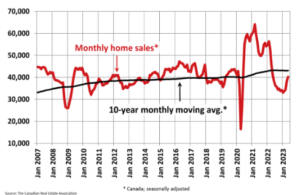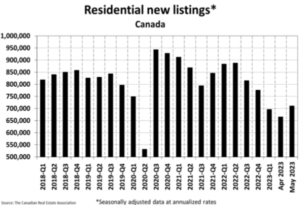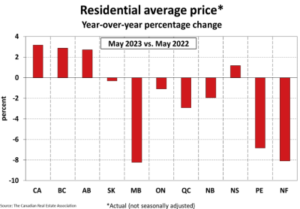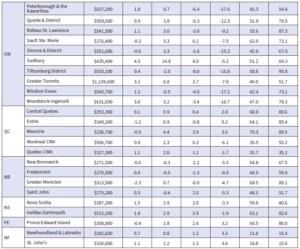
Whether you have made an offer on a home already or are still in the process of looking, you already understand that buying a home is likely the largest investment you will ever make.
When it comes to your mortgage application, there are a few things that you should avoid doing while you are waiting for approval – such as making large purchases (i.e. a new car), applying for new credit, pulling additional credit reports, etc. Another issue that can come up is the loss of your job.
What you can afford to qualify for in relation to your mortgage depends on your income. As a result, the sudden loss of employment can be quite detrimental to your efforts. So, what do you do?
Should You Continue With Your Mortgage Application?
If you have already qualified for a mortgage, but your employment circumstances have changed, your first step is to disclose this to your lender. They will move to verify your income prior to closing and, if they have not been told in advance, it may be considered fraud as your application income and closing income would not match.
In some cases, the loss of your job may not affect your mortgage. Some examples include:
- You secure a new job right away in the same field as previously. Keep in mind, you will still need to requalify. However, if your new job requires a 3-month probationary period then you may not be approved.
- If you have a co-signer on the mortgage who earns enough income to qualify for the value on their own. However, be sure your co-signer is aware of your employment situation.
- If you have additional sources of income such as income from retirement, investments, rentals or even child support they may be considered, depending on the lender.
Can You Use Unemployment Income to Apply for a Mortgage?
Typically this is not a suitable source of income to qualify for a mortgage. In rare cases, individuals with seasonal or cyclical jobs who rely on unemployment income for a portion of the year may be considered. However, you would be asked to provide a two-year cycle of employment followed by Employment Insurance benefits.
What Happens During Furlough?
If you did not lose your job entirely but have instead been furloughed or temporarily laid off, your lender may take a wait-and-see approach to your mortgage application. You would be required to provide a letter from your employer with a return-to-work date on it in this situation. However, if you don’t return to work before the closing date, your lender may be required to cancel the application for now with resubmitting as an option in the future.
Have You Talked to Your Mortgage Professional?
Regardless of the reason for the change in your employment situation, one of the most important things you can do is contact your mortgage expert directly to discuss your situation. I can look at all the options for you and help with finding a solution that best suits you.















